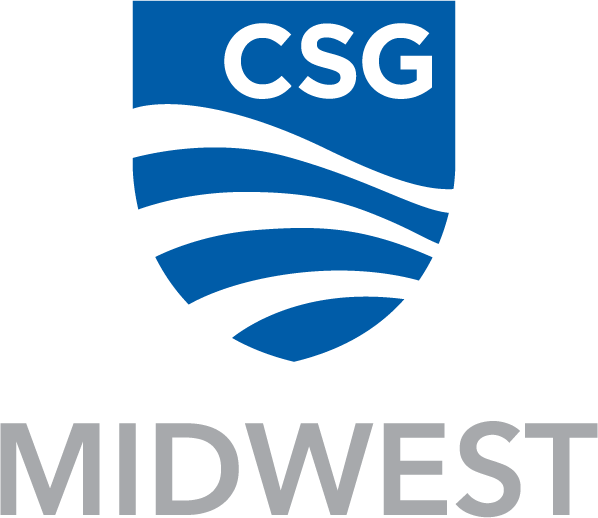The Great Lakes-St. Lawrence Legislative Caucus’ 2019 Fourth Quarter web meeting on December 13 included summaries of recent work by the Task Force on Lead and the new Task Force on Nutrients.
The meeting also announced the Caucus’ 2020 annual meeting will be Sept. 18-19 in Detroit, Michigan, at the Westin Book Cadillac Hotel. Early registration for GLLC members will open on June 1, 2020; general registration will open on July 1. Travel scholarships may be available for active Caucus members. The 2021 meeting will be in Québec City, Québec (dates and location to be determined), hosted by the National Assembly of Québec/Assemblée nationale du Québec.
Featured speaker Joel Brammeier, President & CEO of the Alliance for the Great Lakes, discussed the group’s policy initiatives for 2020. Mr. Brammeier shared several ideas for potential actions that members of the GLLC might wish to take in support of the Great Lakes in 2020:
- Progress on new Asian carp barriers at Brandon Road Lock & Dam: Urge Illinois Gov. J.B. Pritzker to sign the “design agreement” with the U.S. Army Corps of Engineers for the project, support its federal authorization in the 2020 Water Resources Development Act, pending in Congress, and pass resolutions in their states and provinces supporting the project.
- Tighter regulation of ballast water in ocean-going vessels entering the Great Lakes system: Comment on the U.S. Environmental Protection Agency’s updated Vessel General Permit when it is published, support funding for the Great Lakes and Lake Champlain Invasive Species Program at $50 million annually, and support Minnesota’s new water quality standards for “lakers” (lake-bound vessels).
- Continuing action to reduce algae blooms: Hold pollution sources to account for successful implementation of “pollution diet” plans, tie state water conservation programs to water quality outcomes, and pay only for programs showing success.
- Ensuring access to clean, safe drinking water throughout the region: Support passage in Congress of H.R. 1497, the Water Quality and Job Creation Act.
- Planning for shoreline erosion: Urge funding of the Army Corps of Engineers’ Coastal Resilience Study, which needs only $1.2 million to begin; the study will identify opportunities for investments in shoreline infrastructure that can be done when lake levels are lower, to prepare for the next high-level cycle.
The next quarterly web meeting will be March 6, 2020, at 9 am Central. The featured topic will be improving nutrient management to better protect the region’s water bodies. Registration will open on February 3.

